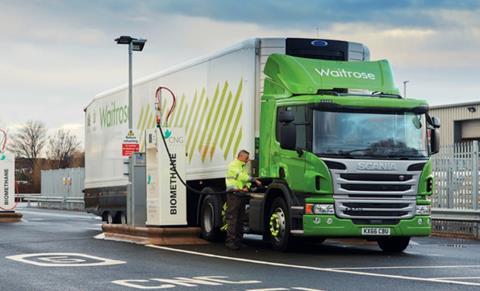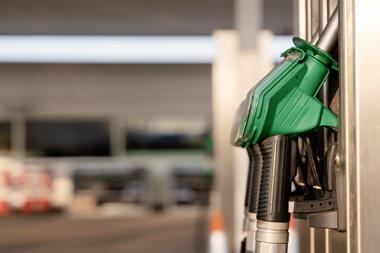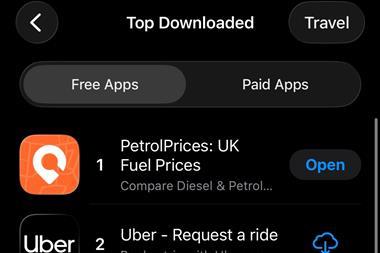
Low-carbon, renewable fuels offer the immediate potential to cut road transport emissions as the sector transitions to zero-emission technologies such as EVs, according to a new study by eco transport campaigner, Zemo Partnership.
The report provides further evidence to show that renewable fuels can make a cost-effective, immediate and significant contribution to meeting UK targets to cut greenhouse gas emissions (GHG) on the pathway to net zero.
The UK needs to cut GHG emissions from surface transport by almost 100 million tonnes by 2035, extending to around 136 million tonnes by 2050. Zemo says a portfolio of approaches will be needed to replace fossil fuels and deliver emissions reductions at the scale necessary within this timeframe.
The earlier emissions reductions are made, the greater their impact in terms of limiting climate heating. A range of renewable fuels are available to fleet and other users today and are a clear, practical option for hard-to-electrify applications such as long-distance haulage.
Renewable fuels are already reducing GHG emissions from all existing petrol and diesel vehicles. Such vehicles will continue to form a significant part of the UK vehicle parc for many years. Using renewable fuels in hybrid vehicles can also help to decarbonise applications for which a pure EV is currently unaffordable or unavailable, due to the power demand, vehicle range or recharging considerations.
Zemo analysis shows that in all vehicle segments modelled, renewable fuels offer significant GHG emissions savings when compared with conventional, predominantly fossil-content fuels. Some renewable fuels applications show greater life cycle GHG emissions savings than current battery EVs using grid electricity, though rapid decarbonisation of UK power supplies will continue to shift the balance in favour of electrification over time.
The analysis shows that a one-size-fits-all approach to road vehicle applications is unlikely to be the optimal solution to road transport decarbonisation, at least in the short to medium-term.
The study authors recommend that transport policy and legislation should be more directly informed by vehicle life cycle GHG emissions data, and not focused solely on mitigating tailpipe emissions.
Organisations developing their fleet decarbonisation strategies should also consider vehicle life cycle GHG emissions. In some circumstances, renewable fuels can achieve greater GHG emissions savings for the available budget than battery EVs.
Operators of EVs should also consider the size and capacity of the batteries used in their vehicles and optimise these depending on the use case. Larger, heavier batteries offer improved vehicle range, but emit more GHG emissions during production, increase vehicle consumption and may also reduce payload capacity.
Report co-author and Zemo’s head of sustainability, Gloria Esposito, said: “Zemo’s study elegantly demonstrates the importance of life cycle GHG emission analysis in fairly comparing different powertrain technologies and renewable fuels against today’s fossil fuel counterparts. Our work shows the significant contribution renewable fuels can continue to make towards reducing road transport GHG emissions. In particular, quick wins are available to the UK HGV fleet sector today.
“Transport policy has to rapidly evolve to embrace life cycle GHG emissions metrics. This is imperative to safeguard against unintended consequences and to enable a broader range of technology options to be recognised as viable candidates for decarbonising transport.”
Zemo Partnership describes itself as an independent non-profit partnership, working with government and its members to help shape future policy, create influential transport initiatives; and provide expert advice to those working to reduce transport emissions, improve air quality, and combat climate change through cleaner mobility.
































